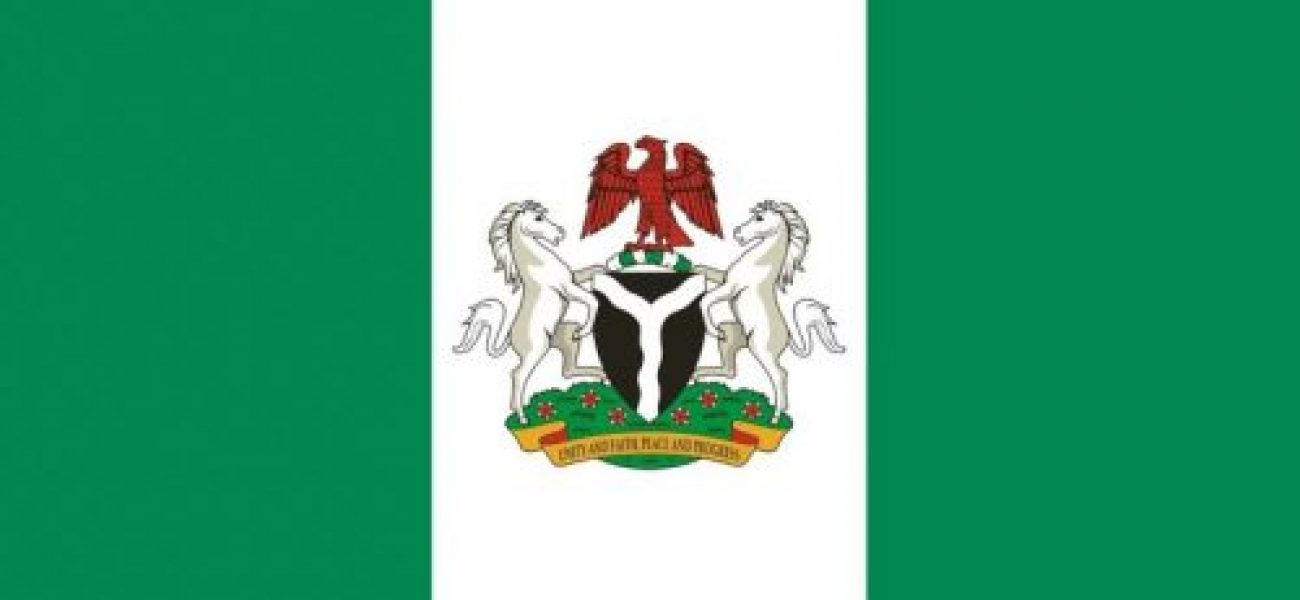The lightning speed with which the amendment to the National Anthem Bill passed, has raised very serious concerns among Nigerians about the process of passage of bills in the National Assembly. The National Assembly before this one – the 9th Assembly, particularly the Senate was repeatedly accused of being ‘rubber stamp.’ The 10th National Assembly may now appear to be following in that footstep. At the tail end of November 2023, the President sent in the 2024 Appropriation Bill to the National Assembly, two months behind schedule. The budget was passed at an incredibly fast pace even without the National Assembly members knowing the full details of the budget, with the President assenting to the 2024 National Budget on New Year’s Day, January 1, 2024. This was later to generate its own controversy when Senator Abdul Ningi accused the National Assembly of passing the budget with a padding of about N3 trillion. He was suspended for his comments on this but later recalled.
The bill to revert to the old Nigerian national anthem signed into law by President Muhammadu Buhari has drawn criticism from various quarters of the country. The Executive bill passed for First, Second and Third Reading in the House of Representatives on Wednesday, 22nd May 2024, while it scaled First and Second Reading in the Senate on the same day. It was eventually passed for Third Reading in the Senate on Tuesday, May 28, 2024 and received assent on May 29, 2024.
The restoration of the old National Anthem has highlighted several issues. This development, while striking a chord of scepticism across the nation, raises serious concern about the sidelining of public consultation on a subject that borders on a critical aspect of national identity. At the heart of any democracy lies the principle of public participation in governance. The national anthem, a symbol of collective identity and pride, should be a reflection of the people’s values, aspirations, and history. By rushing this bill through without consulting the public, the National Assembly has not only disregarded this principle but has also undermined the democratic process itself. Decisions of such magnitude demand a thorough, inclusive dialogue to ensure they resonate with the populace they are meant to represent.
This is not the first time that the National Assembly is passing a bill without public consultation. The Cybercrimes Amendment Bill 2024 was handled in a similar manner and sent off for the President’s assent.
Public consultation is not merely a procedural formality; it is a critical aspect of legitimate and transparent governance. It ensures that diverse voices are heard and considered, fostering a sense of ownership and acceptance among citizens. In the case of the national anthem, this is especially pertinent. The absence of robust debate on this Executive Bill by the National Assembly also raises concern about the erosion of the democratic principle of checks and balances among the arms of government.
The development has also been criticised on the basis that the country has restored a national anthem composed by a foreigner and handed over to the country in time for its independence declaration in October 1960 and dispensed with the anthem that was later composed by a group of Nigerians in 1978.
The restoration of the old national anthem has also got observers questioning the priority of government business. While some citizens are indifferent on the change of the anthem, they question if it is an important item on the government’s agenda in a time of crippling economic challenges, as it does not address the daily needs of the populace.
Some Nigerians on social media and other platforms have stated that they will be boycotting the anthem to express their displeasure of his move by the Nigerian government.

